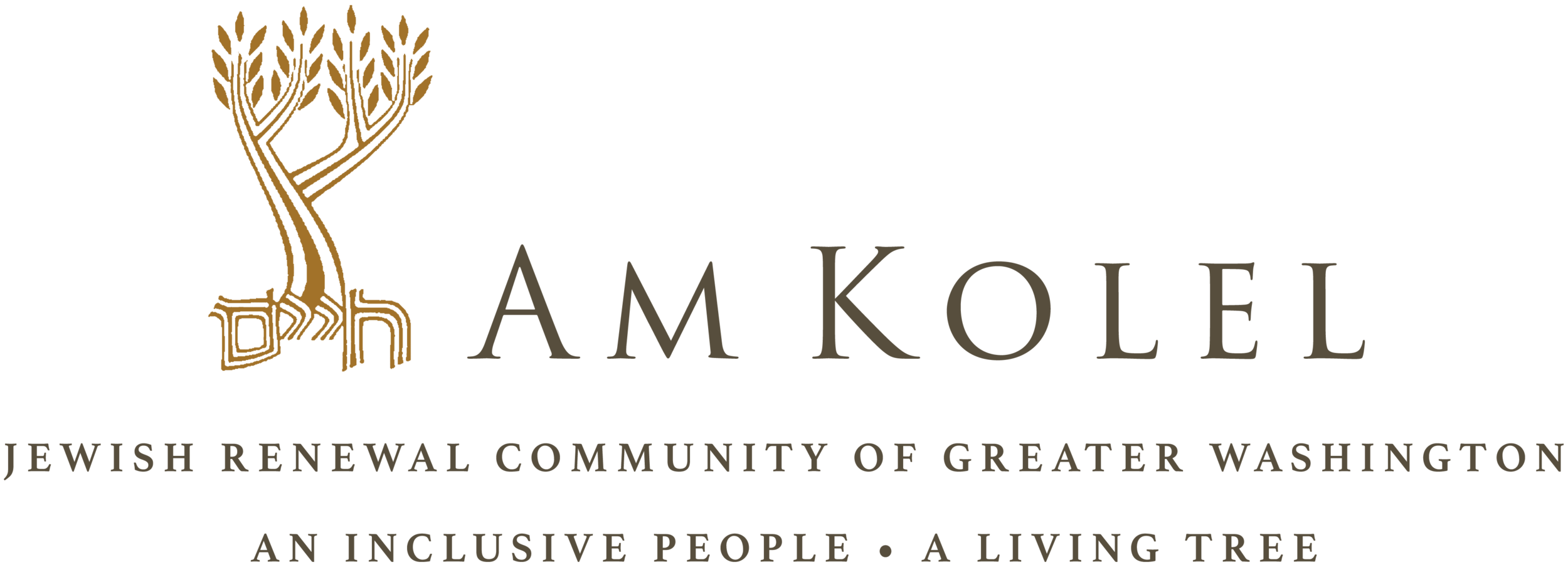One thing about the tragedy of what’s happening in Afghanistan is that few agree on who is to blame.
One thing about the tragedy of what’s happening in Afghanistan is that few agree on who is to blame. The role of the US since 9/11 has a lot of folks wondering. But nearly everyone agrees that our government, and other governments, must do whatever is possible to save the lives of thousands of Afghani men, women, children, journalists and others.
Our Parsha, Ki TeTzeh, this week, coincidentally, or not, addresses questions about how we enter into war, how we treat our enemies and express compassion towards women who are captured.
The Parsha, teaches us about taking responsibility for protecting others, preventing animals from undo suffering, and, also, treating laborers fairly.
Compassion is at the heart of the Parsha. It is also at the heart of our response to the horrific human tragedy in Afghanistan. The Torah teaches that we are responsible for the needs of the foreigners, widows and orphans.
The world is calling upon the Taliban to be compassionate toward those citizens and foreigners who are desperate to leave the country. We, as Americans, must encourage and support our government to do all it can to bring people out. The US may have screwed up with its presence in Afghanistan all these years but, we have this opportunity to be compassionate now. Many communal organizations, including Jewish organizations, such as HIAS, are participating in this sacred calling.
Indeed, so many areas of the world are crying out for compassion, in Haiti, in South Africa, in India and on and on. And, we learn, that with acts of compassion, hope and healing will follow.
From Psalm 27, which is read everyday this month of Elul and through Yom Kippur, we hear the words of the last verse, “Kavey el Adonai, Be hopeful in the Ineffable (Life), May your heart be strong and courageous; and, be hopeful in the Presence of the Mystery of Life (YHVH-Adonai).”
May we be strong and strengthen each other,
Reb David
